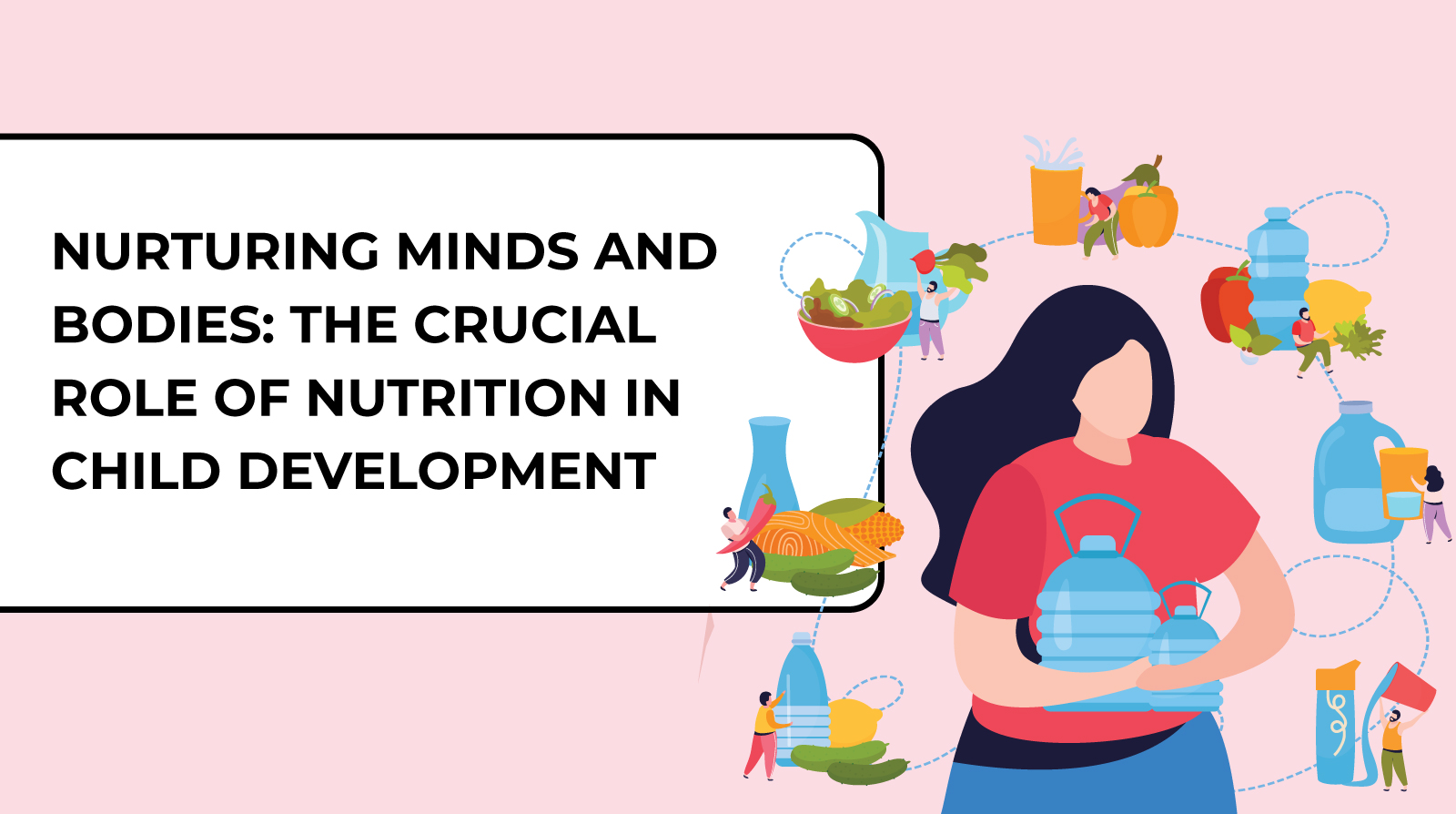The toddler stage is a critical period in a child's development, marked by rapid growth and exploration. Proper nutrition during this phase is crucial for supporting physical and cognitive development, establishing healthy eating habits, and preventing nutritional deficiencies. Parents play a vital role in ensuring that toddlers receive a well-balanced and nutritious diet that meets their evolving needs. Here are some essential diet tips for toddlers to guide parents in providing optimal nourishment for their toddlers.

Introduce a diverse range of foods to expose toddlers to different tastes, textures, and nutrients. Incorporate fruits, vegetables, whole grains, lean proteins, and dairy into their meals. A varied diet helps ensure that toddlers receive a broad spectrum of essential vitamins and minerals necessary for their growth and development.
Strive for balanced meals that include a mix of carbohydrates, proteins, and healthy fats. Aim to include whole grains like brown rice, quinoa, and oats, lean proteins such as poultry, fish, and legumes, and healthy fats from sources like avocados, nuts, and olive oil.
Toddlers have smaller stomachs, so portion control is crucial. Offer small, frequent meals and snacks throughout the day to meet their energy needs. This approach helps maintain stable energy levels and prevents overeating or underfeeding.
Minimize the consumption of foods and beverages high in added sugars and salt. Opt for natural sources of sweetness, such as fruits, and use herbs and spices to enhance flavor without relying on excessive salt. This helps develop a taste for wholesome, unprocessed foods.
Ensure an adequate intake of fluids, mainly water, to keep toddlers hydrated. Limit the consumption of sugary drinks like sodas and fruit juices. Water is essential for overall health and supports proper digestion, temperature regulation, and nutrient transport.
Include foods rich in docosahexaenoic acid (DHA), such as fatty fish (salmon, mackerel) and flaxseeds. DHA is crucial for brain development and vision in toddlers. Consider consulting with a pediatrician or a nutritionist to determine suitable DHA supplements if needed.
Support bone health by incorporating foods rich in vitamin D and calcium. Dairy products, fortified plant-based milk, and leafy green vegetables are excellent sources. Adequate vitamin D and calcium contribute to strong bones and teeth.
Toddlers are keen observers, and they learn by imitating. Set a positive example by maintaining a balanced and nutritious diet yourself. Eating together as a family fosters a healthy attitude towards food and encourages social interaction during meals.
Toddlers can be selective eaters, and preferences may change frequently. Be patient and persistent in offering a variety of foods. It may take multiple exposures before a child develops a liking for certain foods.
Overall, providing a nutritious diet for toddlers is essential for their growth, development, and long-term health outcomes. By offering a variety of nutrient-rich foods and modeling healthy eating habits, caregivers can set the foundation for a lifetime of good health. You can share these diet tips for toddlers with your family & friends as well. Keep reading!